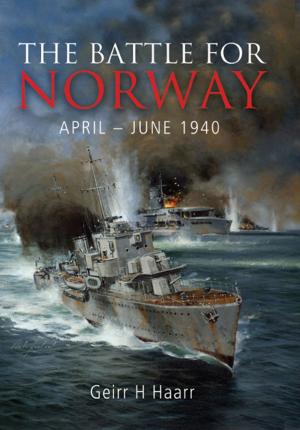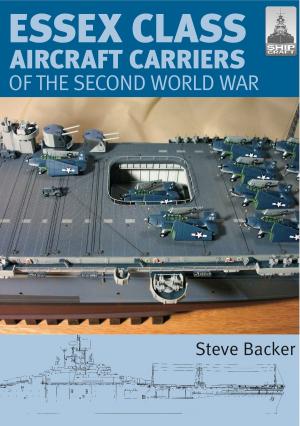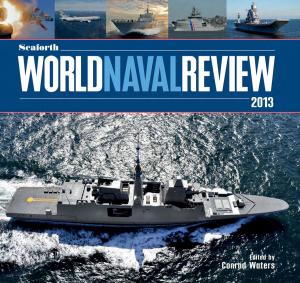| Author: | Robert Gardiner | ISBN: | 9781473820548 |
| Publisher: | Pen and Sword | Publication: | July 27, 2011 |
| Imprint: | Seaforth Publishing | Language: | English |
| Author: | Robert Gardiner |
| ISBN: | 9781473820548 |
| Publisher: | Pen and Sword |
| Publication: | July 27, 2011 |
| Imprint: | Seaforth Publishing |
| Language: | English |
Between 1793 and 1815 two decades of unrelenting naval warfare raised the sailing man of war to the zenith of its effectiveness as a weapon of war. Every significant seapower was involved in this conflict, and at some point virtually all of them were arrayed against Great Britain. A large number of enemy warships were captured in battle, making them of interest to British artists, engravers and printmakers, while the Admiralty ordered accurate draughts to be made of many of these prizes. Consequently, for this era the ships of all navies, not just British, can be illustrated by an unprecedented variety of paintings, drawings, models or plans.rnrnThis book reproduces many of the best (and least familiar) images of the ships, chosen for their accuracy, detail and sheer visual power in an extra-large format that does full justice to the images themselves. These are backed by an authoritative text that looks at how the ships were used by the different navies, and explains the function and development of the apparently bewildering array of rates and types. It is a book that anyone with an interest in wooden warships will find both enlightening and a pleasure to peruse.
Between 1793 and 1815 two decades of unrelenting naval warfare raised the sailing man of war to the zenith of its effectiveness as a weapon of war. Every significant seapower was involved in this conflict, and at some point virtually all of them were arrayed against Great Britain. A large number of enemy warships were captured in battle, making them of interest to British artists, engravers and printmakers, while the Admiralty ordered accurate draughts to be made of many of these prizes. Consequently, for this era the ships of all navies, not just British, can be illustrated by an unprecedented variety of paintings, drawings, models or plans.rnrnThis book reproduces many of the best (and least familiar) images of the ships, chosen for their accuracy, detail and sheer visual power in an extra-large format that does full justice to the images themselves. These are backed by an authoritative text that looks at how the ships were used by the different navies, and explains the function and development of the apparently bewildering array of rates and types. It is a book that anyone with an interest in wooden warships will find both enlightening and a pleasure to peruse.















